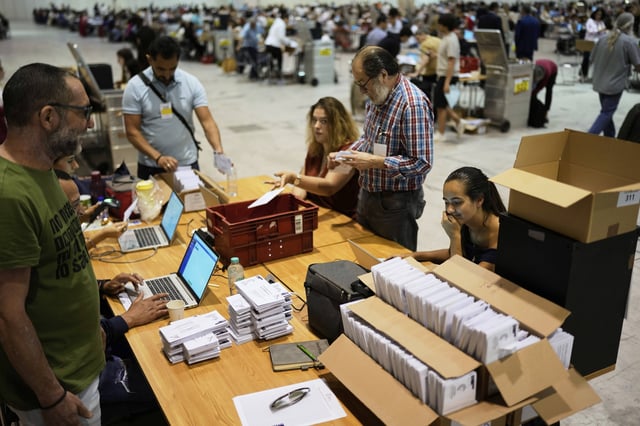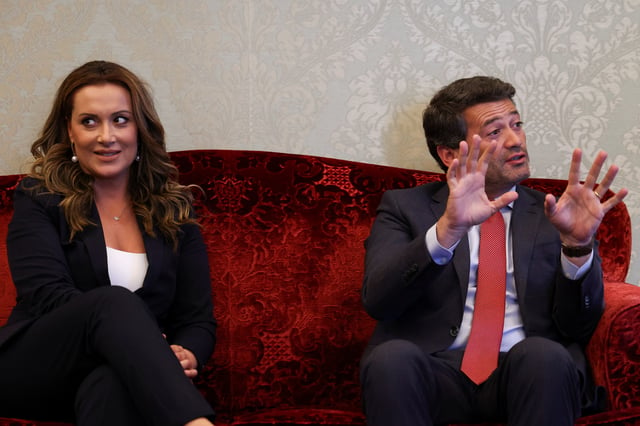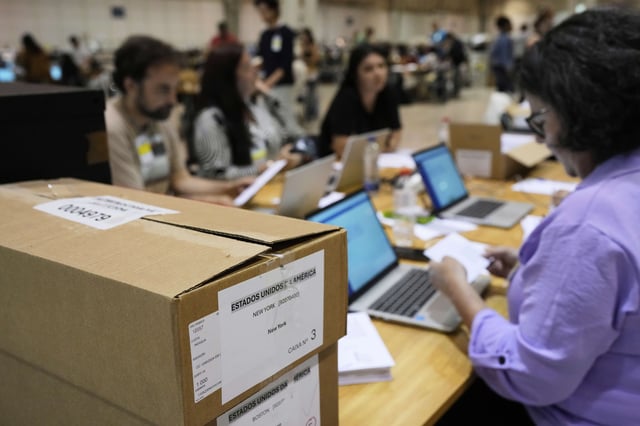Overview
- An additional two overseas seats brought Chega’s total to 60 in the 230-seat assembly, surpassing the Socialist Party’s 58 lawmakers.
- Prime Minister Luis Montenegro’s centre-right Democratic Alliance won 91 seats but fell 25 short of the 116-seat majority required to govern outright.
- Montenegro has ruled out any pacts with Chega and plans to rely on support from smaller parties to sustain his new minority government.
- Chega’s hardline anti-immigration platform and anti-establishment rhetoric tapped into voter dissatisfaction, echoing far-right gains across Europe.
- The party is poised for further expansion in October’s local elections, where it could win up to 21 city halls, including Portugal’s second-largest municipality, Sintra.



